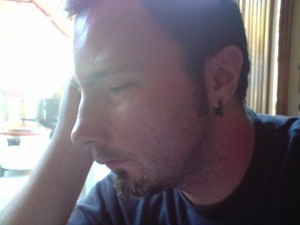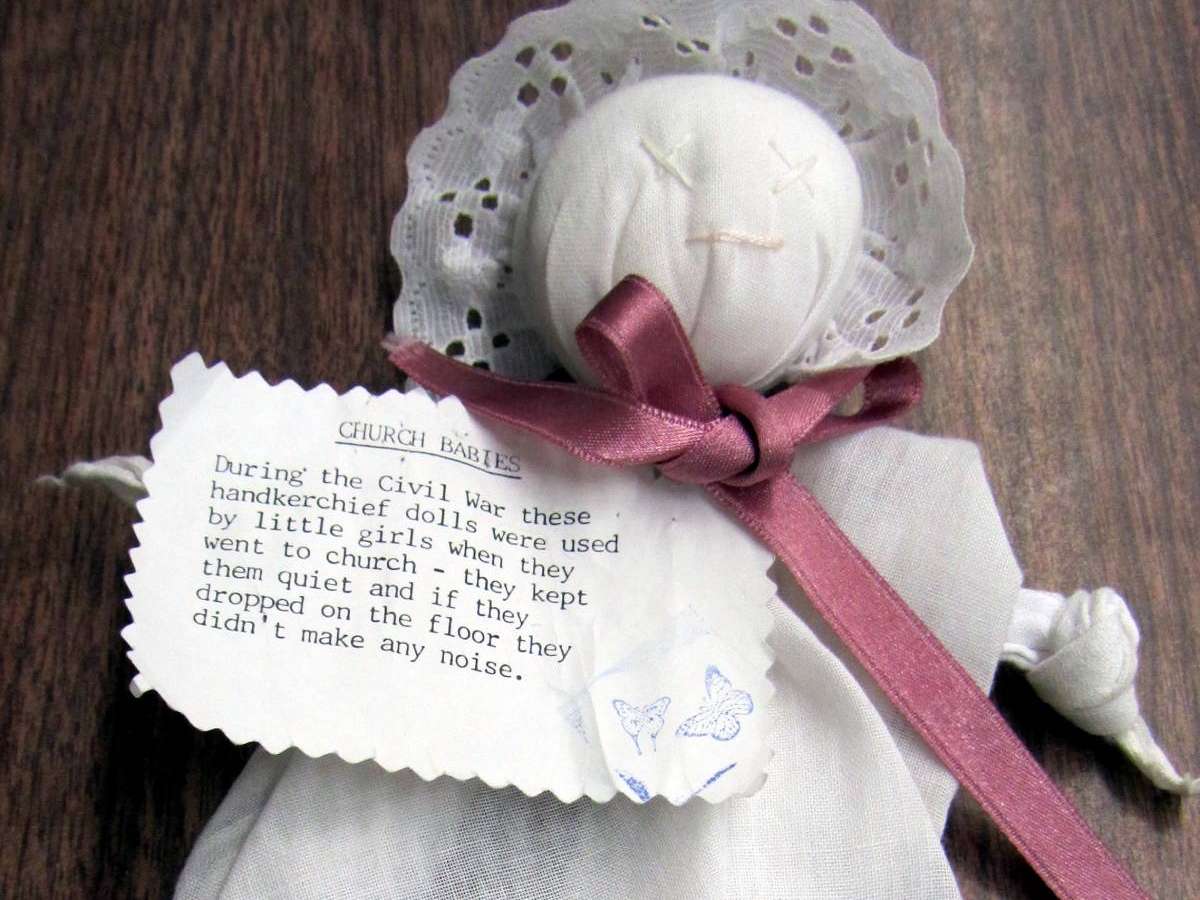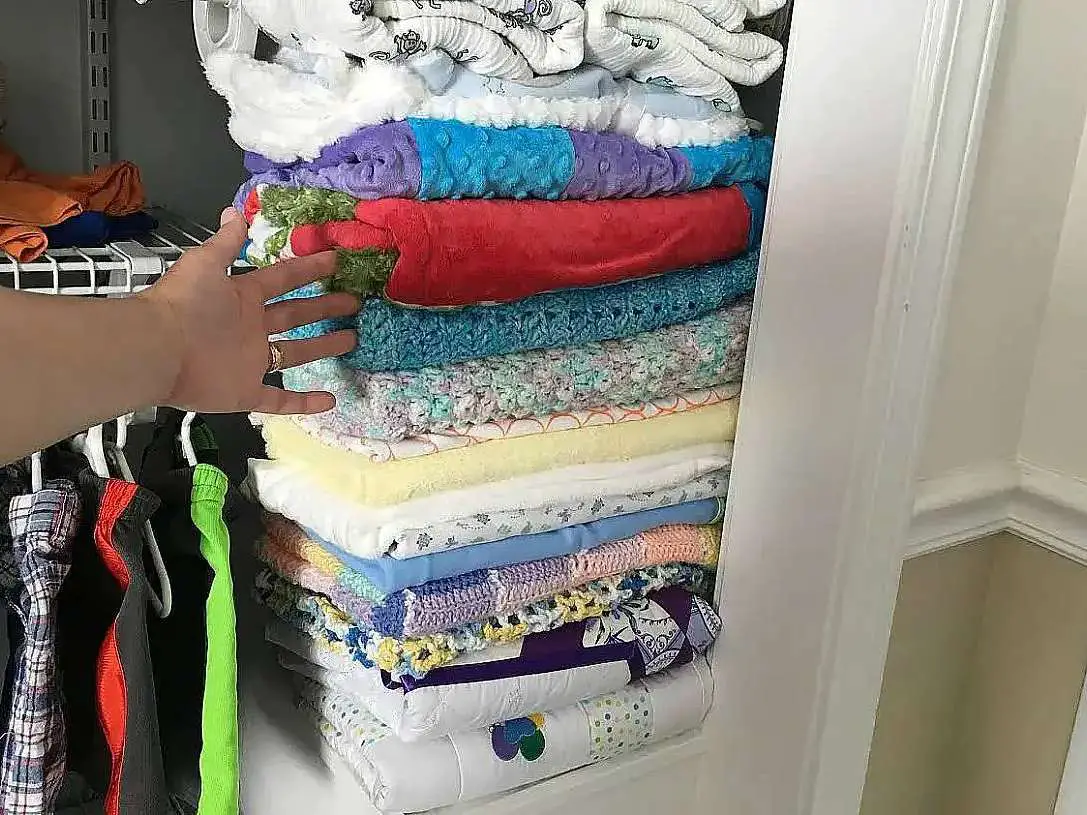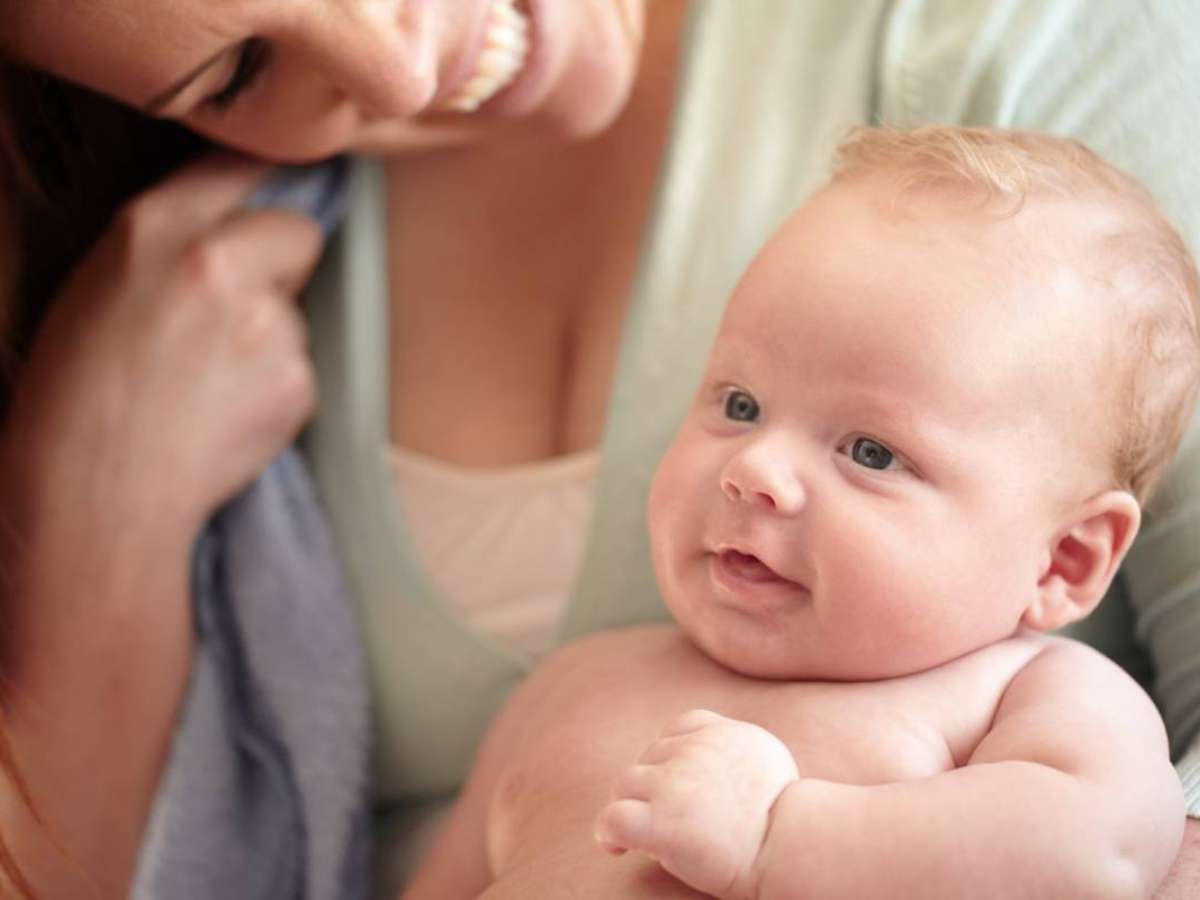 Usually when you think about postnatal depression you think about mothers, and of course for them it’s called postpartum depression.
Usually when you think about postnatal depression you think about mothers, and of course for them it’s called postpartum depression.
However, it’s important to know that fathers can suffer from postnatal depression as well.
In one study of 26,000 parents, it was determined that 4% of the fathers experienced symptoms associated with postnatal depression. (For the sake of comparison, typically 10 to 15% of mothers suffer from postpartum depression.)
Most couples (and even many physicians) are simply not aware that fathers can suffer just as much from postnatal depression as mothers do. Yes indeed, fathers can experience the exact same symptoms of depression after the birth of a baby.
What Paternal Postnatal Depression Is Like
The story of Sam Roweis provides some insight about what it’s like to have postnatal depression.
Despite giving the impression to all those around him that he had a really great life, underneath it all, things were far from great. He and his wife had just had premature twins the year before. Because they were born prematurely, there were a lot of medical expenses, and the twins continued to have health issues that needed to be addressed in the following year.
Add to this the extra stress of a new job, a new city, and consistent fighting with his wife, it became too much for him to handle and he decided to jump out of the window from his 16th floor apartment rather than continue with his life. While it is not certain if Mr. Roweis was suffering from paternal postnatal depression, a clinical psychologist thinks it is likely he was.
Men have hormonal changes during and after pregnancy just like their female partners do. For men, their estrogen levels increase and their testosterone levels decrease. This may be one reason that some men suffer from postnatal depression. Scientists think that the reason this change in hormone levels occurs may be because it tones down men’s more aggressive tendencies and makes it easier for them to bond with the baby. Unfortunately, it also sets them up to be more susceptible to suffering from postnatal depression.
Risk Factors
It has only been recently that paternal postnatal depression has started to be understood.
There are a number of potential risk factors for paternal postnatal depression that you and your loved ones should look for. The following things can increase a father’s risk for postnatal depression:
- He has a history of suffering from depression.
- He has an nontraditional family (like being a stepfather or not being married to a female partner).
- He has problems generating income because of a poor economy and/or no job.
- He feels as though he is being excluded from the bond between the mother and his new baby.
- He’s feeling a lot of stress over becoming a father.
- He doesn’t function well socially (has few friends and not much emotional support).
- He doesn’t have a good relationship with his own parents.
- He doesn’t have a good relationship with his wife.
Symptoms To Watch For
The symptoms of paternal postnatal depression look very much the same as maternal postpartum depression. They can include (but are not limited to) the following:
- Irritability. He’s crankier than usual.
- He loses interest in sex. He no longer wants to be intimate.
- He feels overwhelmed and as if he cannot cope. It all just seems like too much to handle.
- He is isolated and disconnected from his partner, family and friends. This may be in part because he pushes them away.
- He takes on more hours at work in order to disconnect from everything and everyone. He just wants to not feel, and he thinks by working more hours he won’t have the time to.
- He begins doing risky behavior. For example, he starts getting a lot of speeding tickets or drinking too much and then driving.
- His appetite changes. He’s rarely hungry and avoids mealtimes.
Just as it is important for mothers to get help if they are suffering from postpartum depression, fathers should seek help as well if they think they are suffering from paternal postnatal depression.
https://youtu.be/nH3vfgnkxm4
While most men suffering from postnatal depression will insist they are fine, this is usually not the case. In western society, men are taught to be tough and not to talk about their feelings. So if you notice that a father seems to be suffering from the symptoms of postnatal depression, encourage him to seek professional help.



